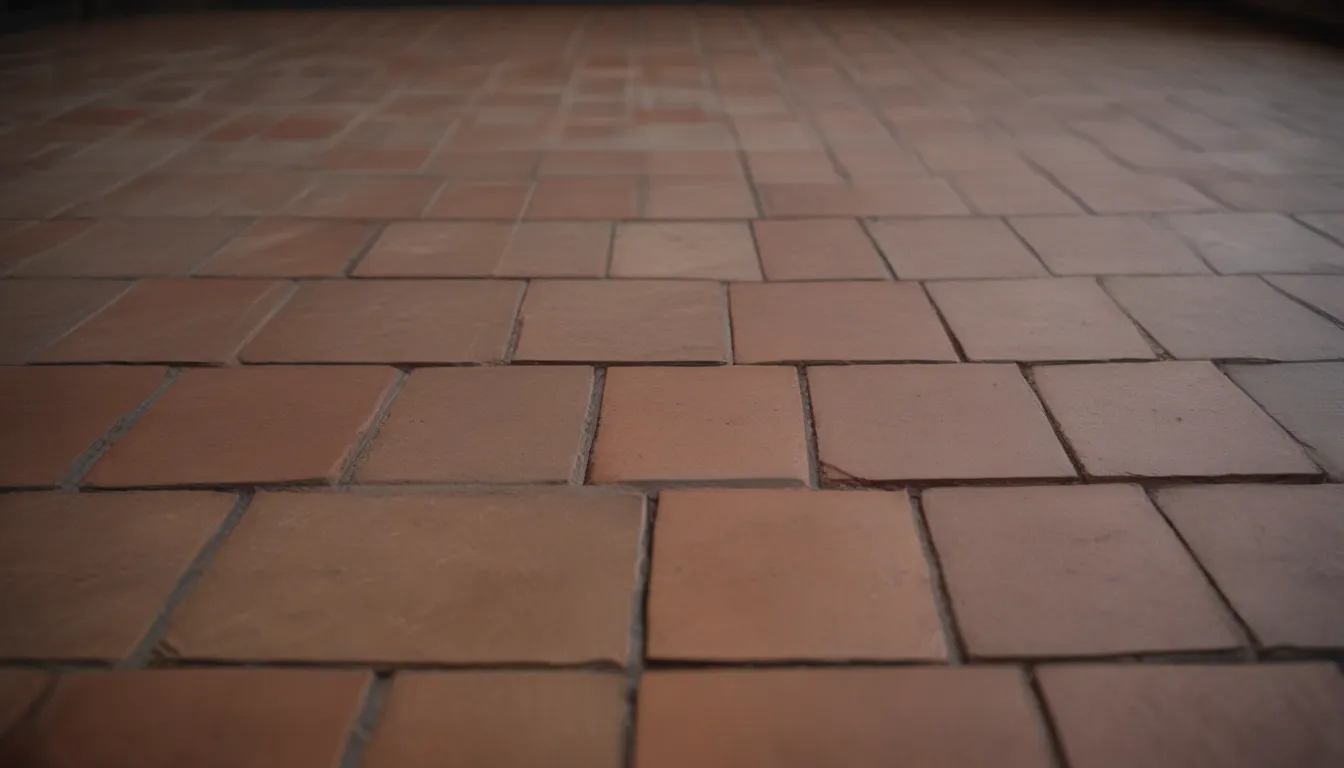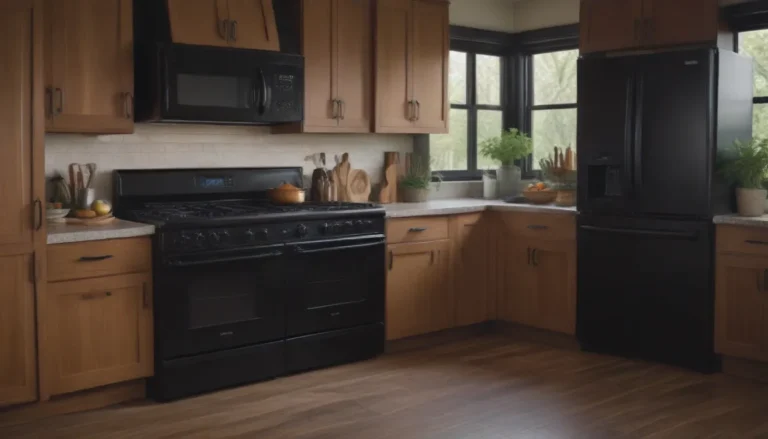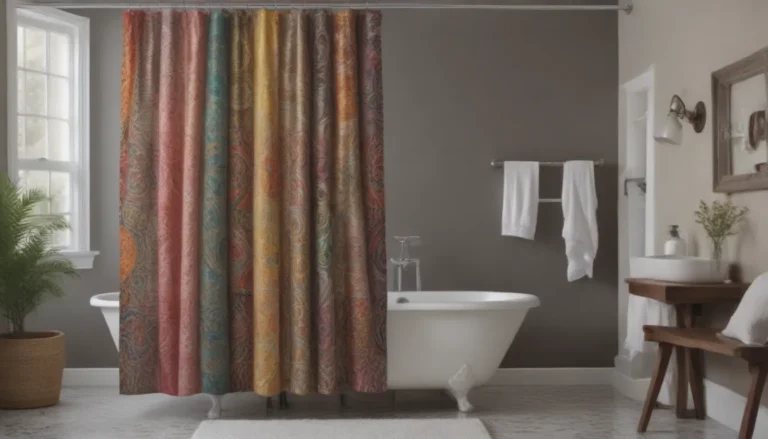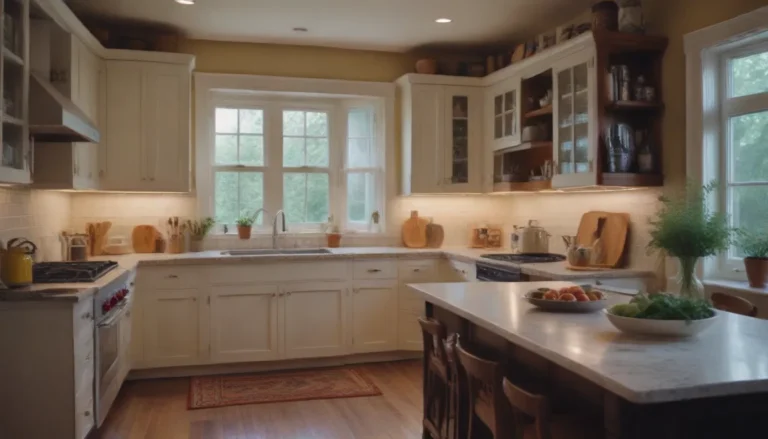A Comprehensive Guide to Quarry Tiles

If you’ve ever been perplexed by the vast array of hard, stone-like floor tiles available, such as quarry tile, terracotta, ceramic, and porcelain tile, you’re not alone. Understanding the unique qualities of quarry tile can help you make informed decisions when it comes to choosing the right flooring for your space. In this comprehensive guide, we’ll delve into the world of quarry tiles to provide you with valuable information on what they are, how they’re made, where to use them, and much more.
What Are Quarry Tiles?
Quarry tile is a hard, impervious, unglazed paving tile made from ground minerals that are formed and fired in a similar manner to brick-making. Despite its name, quarry tiles are not actually extracted from a quarry. Instead, they are crafted from natural materials like clay, shale, and feldspar sourced from quarries. These tiles are renowned for their durability, thanks to the minerals used and the high firing temperatures they undergo during the manufacturing process.
Quarry Tile Basics
-
Quarry Tile Is Fired: Unlike natural stones like granite, quarry tiles are not sliced from a quarry. Instead, the minerals are ground, extruded into tile forms, and fired at temperatures exceeding 2,000 degrees Fahrenheit.
-
Uses of Quarry Tile: Quarry tile finds applications in both residential and commercial settings. Its durability makes it a popular choice for indoor and outdoor spaces in homes and commercial buildings, including sunrooms, entryways, kitchens, and more.
-
Color Variety: Although red is a common color for quarry tiles, they also come in shades of brown, gray, and tan. Lighter hues are available as well, but it’s important to note that unsealed quarry tiles may show stains more prominently, especially in outdoor installations.
-
Water Absorption: Quarry tiles have a low water absorption rate, typically ranging from 0.5 to 3 percent. While they are not completely impermeable to water, their minimal absorption makes them suitable for areas prone to moisture.
-
No Sealing Required: Thanks to the high firing temperatures quarry tiles undergo, they are less porous than other types of tiles. In many cases, high-quality quarry tiles do not need sealing, although they may not be as stain-resistant as glazed ceramic tiles.
-
Size and Texture: Quarry tiles are commonly available in 6-inch square sizes but can vary up to 8 inches square. They are typically thicker than ceramic tiles, providing a rough texture that offers excellent traction for exterior applications.
-
Usage Recommendations: Quarry tiles are ideal for main interior floor areas, interior or exterior walkways, entryways, backsplashes, and some countertops.
Pros and Cons of Quarry Tiles
When considering whether quarry tiles are the right choice for your space, it’s important to weigh the pros and cons associated with these durable flooring options.
Pros
- Exceptional durability
- Variety of color options
- Minimal water absorption
- Suitable for high-traffic areas
Cons
- May show stains if unsealed
- Limited size options compared to ceramic tiles
Choosing Quarry Tile Colors
Quarry tiles are available in a range of earthy tones, including dark gray, light gray, tan, brown, dark brown, and beige. While red remains a popular choice due to its resemblance to the natural clays used in the manufacturing process, there are plenty of options to suit different aesthetics.
Sealing Quarry Tiles
While quarry tiles typically do not require sealing for normal wear, high-traffic areas or spaces prone to oil and grease may benefit from sealing to maintain the tiles’ appearance. Use a water-based penetrating sealer rather than a surface-type seal to ensure moisture resistance and longevity for your quarry tiles.
In conclusion, quarry tiles offer a unique blend of durability, aesthetic appeal, and versatility, making them a popular choice for both residential and commercial spaces. By understanding the characteristics and benefits of quarry tiles, you can make informed decisions when it comes to selecting the perfect flooring for your environment. Whether you’re looking to add a touch of warmth to your home or enhance the durability of a commercial building, quarry tiles are a reliable and stylish option.





